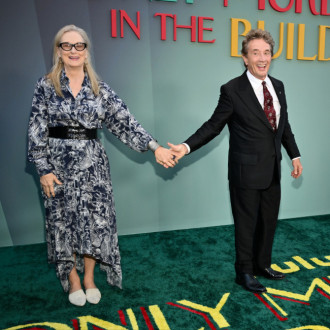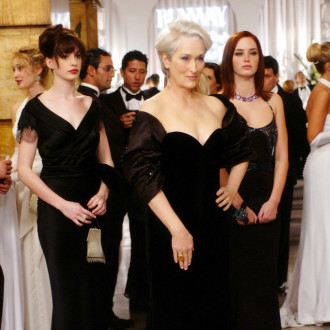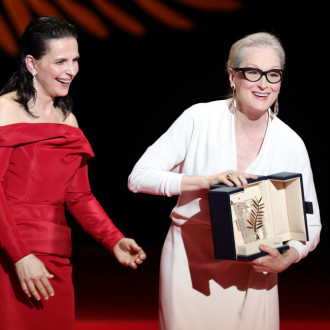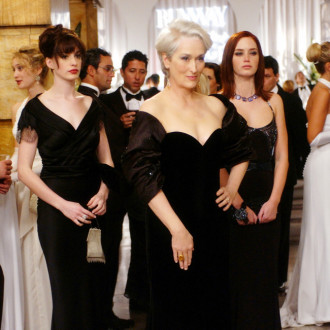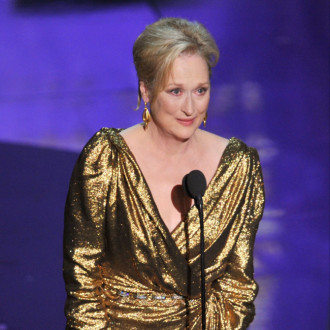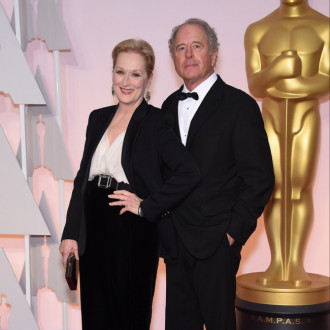Meryl Streep And Tom Hanks Stress The Timeliness Of The Post
By Rich Cline in Movies / TV / Theatre on 22 January 2018
It's an important story in a culture of 'fake news' and political uncertainty.
The high-octane teaming of Steven Spielberg, Meryl Streep and Tom Hanks for The Post is perhaps appropriate for such an important true story. And the film also plays as a virtual prequel to the 1976 classic All the President's Men, as it centres on editor Ben Bradlee taking on President Nixon several years before Watergate. The Post has extra resonance today as it explores published Katharine Graham's transformation from nervous newcomer to the steely leader unafraid to challenge those in power.
 Tom Hanks and Meryl Streep in 'The Post'
Tom Hanks and Meryl Streep in 'The Post'
"There are things about this film that definitely feel like history meeting its moment," says Streep, who plays Graham in the film. "What drew me to the original script was a story that hasn't been told. The story of this uneasy emergence of women that happened in the middle of the 20th century and has brought us to the moment where we are now. Embedded in the story is what women have been able to become - in newsrooms, in courts, in the places where in our movie they don't exist."
Watch the trailer for 'The Post' here:
While Hanks had worked with Spielberg before, he had never shared the screen with Streep. "I've never been actively involved in something that, quite frankly, warranted Meryl to be in the movie," he laughs. "From the moment we both read it and said, 'Oh, I'm not going to let this pass me by,' it grew into the specifics of what the Pentagon Papers were. But I viewed this as the story of the week that Katharine Graham became Katharine Graham," Hanks says. "In which case I had the juicy aspect of playing the only ally she had. You know, philosophically, the relationship that they had was based on so much stuff. You might as well just call it love, respect, empathy, understanding, professional moxie. It's also cantankerous, like when he said, 'Katharine, get your finger out of my eye.'"
Additional parallels with the ongoing sexual assault scandal aren't lost on either actor. After working with Harvey Weinstein on a few films, Streep was startled to learn how duplicitous he was. "You make movies, you think you know everything about everybody. There's so much gossip," she says. "But you don't know anything. People are so inscrutable on a certain level. And it's a shock. Some of my favourite people have been brought down by this, and he's not one of them."
For Hanks, the wider questions in the film extend from the #MeToo movement to Wikileaks and President Trump's disdain for quality journalism. "This is what this entire film deals with," he says. "We made this movie about 1971, but it really is about 2017. There's no reason not to get involved in what this overpowering discussion is about."
Contactmusic
Related
Advertisement
Movies and Trailers
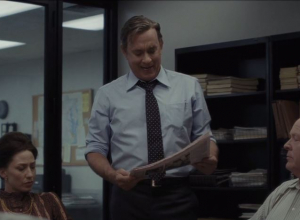
The Post Trailer
At a time when there's so much incertainty in the US political climate, a film...
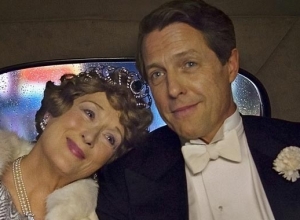
Florence Foster Jenkins Movie Review
Although this comedy-drama seems to have been written specifically to give Meryl Streep a chance...
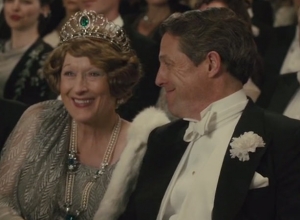
Florence Foster Jenkins Trailer
The shows Florence Foster Jenkins put on were true spectacles but there were only a...
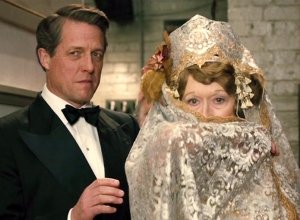
Florence Foster Jenkins Teaser Trailer
Florence Foster Jenkins was never what you might call a 'naturally' talented opera singer, however...
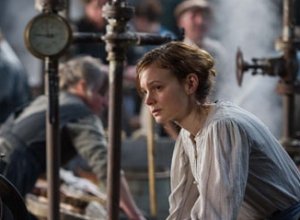
Suffragette Movie Review
Based on real events a century ago that still resonate loudly today, this movie takes...
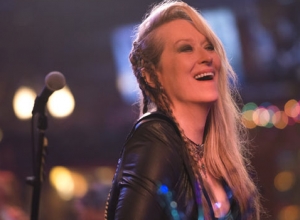
Ricki and the Flash Movie Review
Meryl Streep is having so much fun playing an ageing rocker that the audience only...
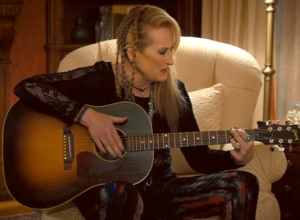
Ricki And The Flash - Drift Away Featurette Trailer
It's well-known that Meryl Streep has an extraordinary singing voice as well as being a...
Advertisement
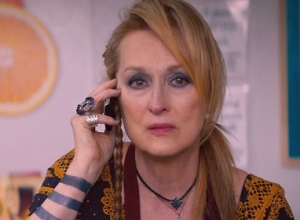
Ricki And The Flash - International Trailer
Ricki Rendazzo is a rock star who gave up everything to pursue her dream of...
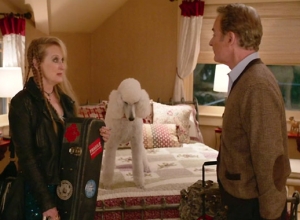
Ricki And The Flash - Teaser Trailer
Ricki Rendazzo is a veteran rockstar as part of her band Ricki And The Flash....

Suffragette - Teaser Trailer
Throughout the late 19th Century and early 20th Century, a secret war took place on...

Into the Woods Movie Review
It's taken a long time for this stage musical to make it to the big...

Into The Woods - Extended Trailer Trailer
When a Baker (James Corden) and his wife (Emily Blunt) are unable to have children...

The Homesman Movie Review
Strong characters and a vivid sense of life in frontier America give this film a...

Into The Woods Trailer
When a Baker (James Corden) and his wife (Emily Blunt) are cursed by a witch...
Advertisement
